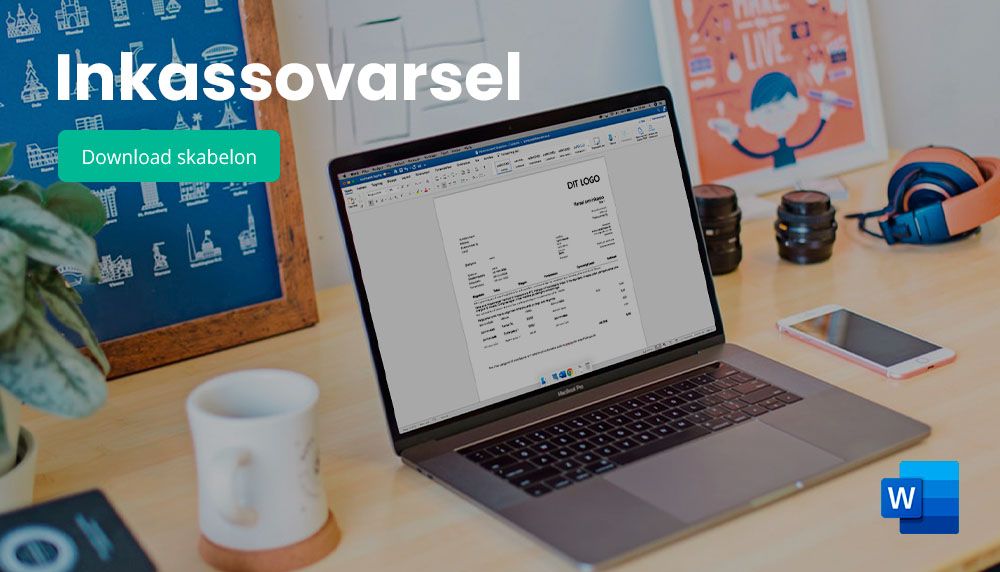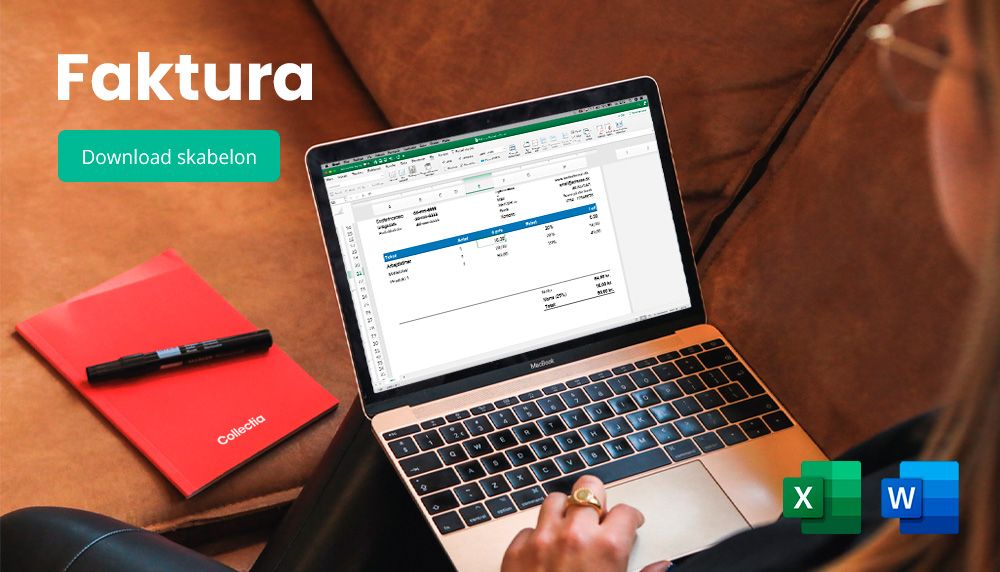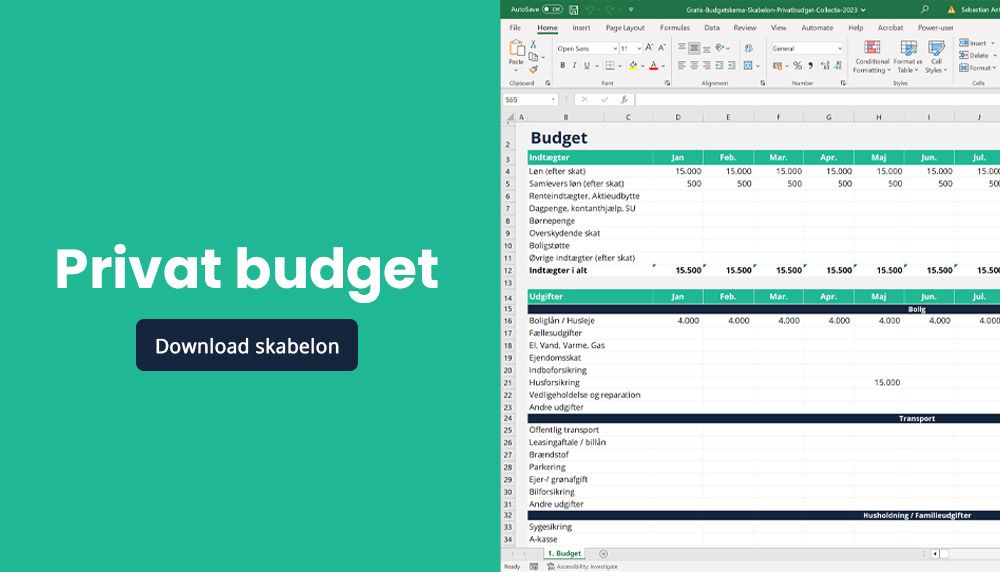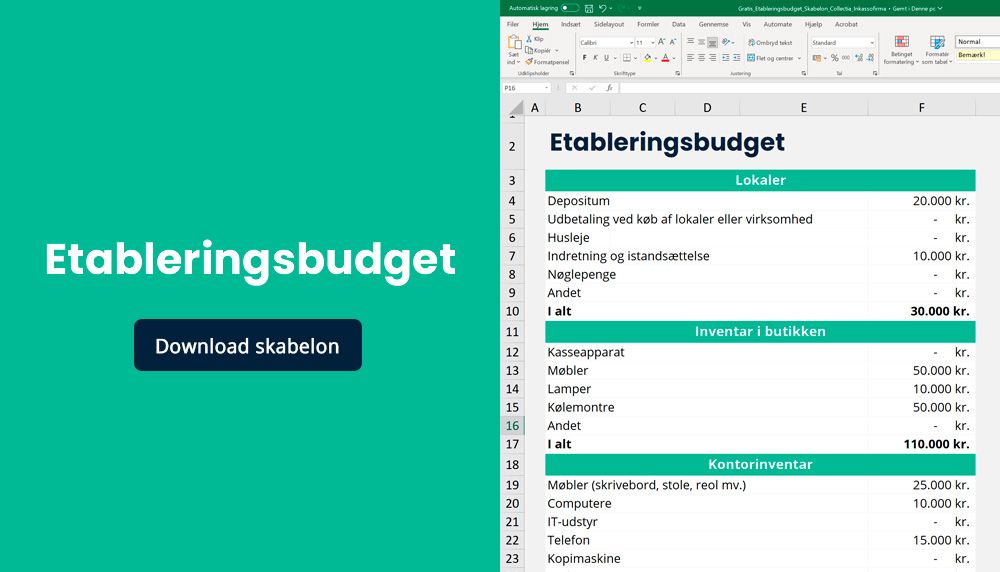
Rent Act
Act on interest and other matters relating to late payment, commonly referred to as the Interest Act. The Interest Act sets the framework for what interest (default interest) and fees may be charged on an amount owed in the event of late or non-payment.
The current law on interest rates originally dates back to the 1970s, but the one in force today dates from 2014.
If the Interest Act is of interest to you, you should also pay attention to the Order on extrajudicial recovery costs for late payment. Here you will find the applicable rates for third-party and self-collection. The rates here depend on the principal amount of the debt.
What does the Interest Act contain?
We have chosen not to comment on the current Interest Act, and thus not to go into detail with the individual sections, as the Interest Act is regularly updated with rates, percentages and sections. But generally in the Interest Act you can find: what interest (default interest) may be charged (currently at 8%), a determination of when the interest accrual may begin and which claims the Interest Act applies to.
Just as importantly, the Interest Act describes your ability to charge a compensation fee, which is a fee that you as a company may impose on your business customers who do not pay your invoices. At the time of writing, the compensation fee is DKK 310 and is a fee that you may impose, regardless of other interest, reminder fees or other fees. Your compensation fee may be imposed when the payment is found not to have been paid and may be imposed on all B2B transactions. In other words, the compensation fee cannot be imposed on your private customers. If you do so, your private customers are within their rights not to pay the fee.
Where do I read more?
We recommend that you always refer to the current Interest Act, as it is constantly updated and updated, which, among other things, has introduced the possibility of imposing a compensation fee on business customers with the latest legislative changes.
You can find the current law on interest on legal information(https://www.retsinformation.dk/eli/lta/2014/459)- remember to check that it is marked 'GÆLDENDE'. On Retsinformation you can also find older versions of the law and its content.











